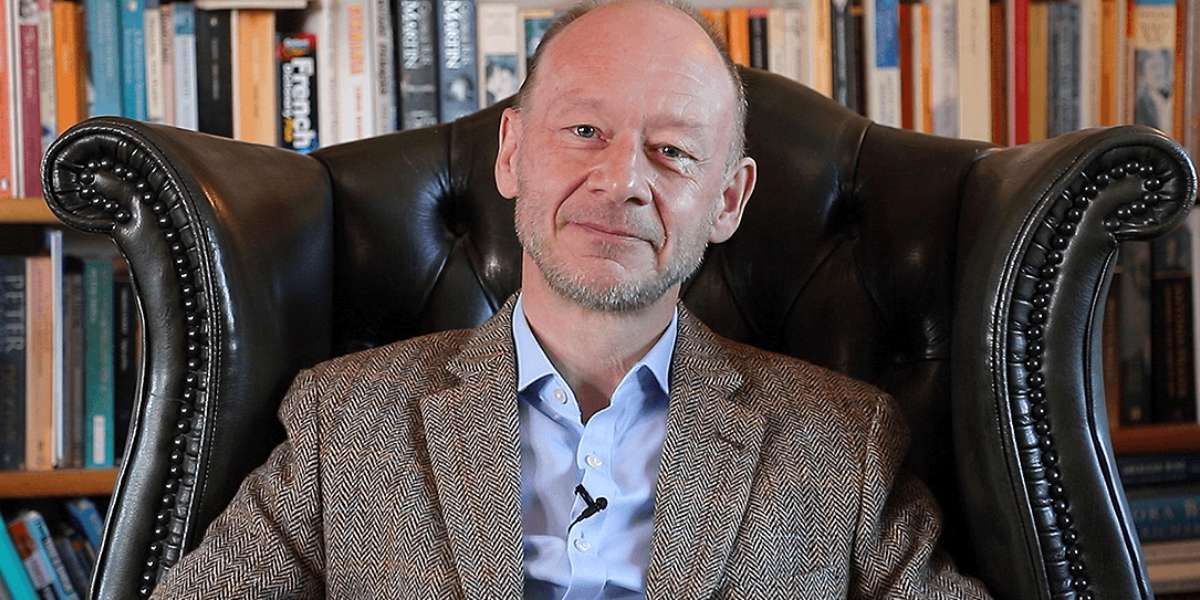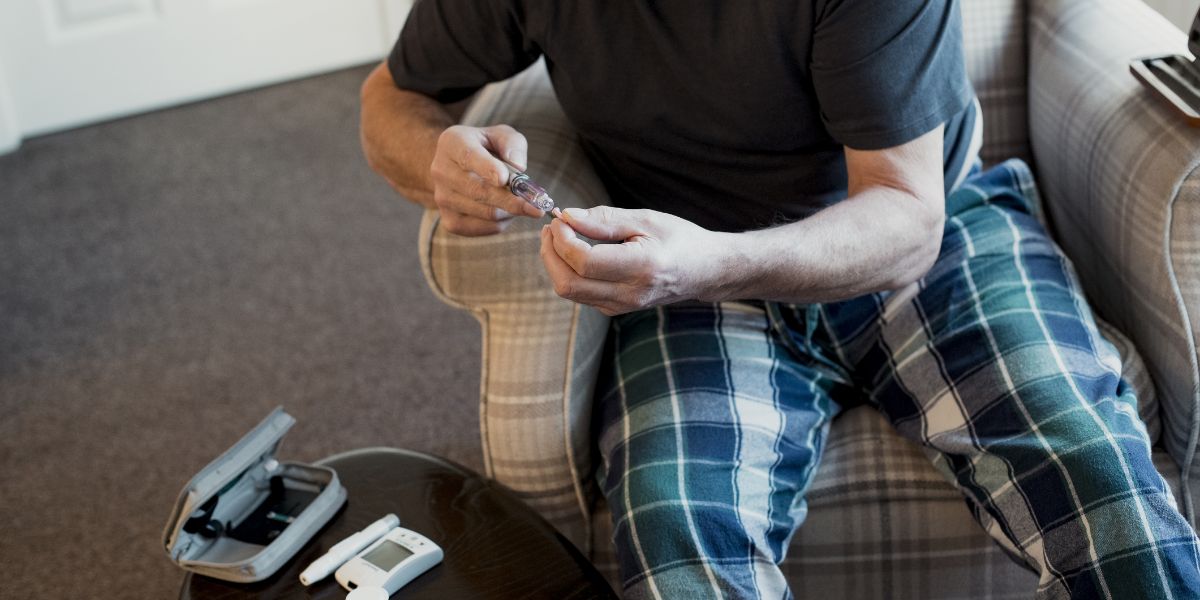People living with obesity and type 2 diabetes can significantly improve their health by following a low-carb diet, a recognised doctor suggests.
British GP Dr David Unwin has found that more than 50% of his patients with type 2 diabetes have reversed their condition by adopting a low-carb lifestyle.
Previous research studies have confirmed that a low-carb diet can also reduce blood sugar levels.
Low-calorie diet programmes are now being rolled out across the UK by the NHS in a bid to tackle rising rates of obesity and type 2 diabetes.
- Low carbohydrate diet can help improve HbA1c, lipid profiles and blood pressure
- Dr David Unwin: Low carb is not just about diabetes
Before identifying the benefits of a low-carb diet, Dr Unwin said: “If I was really being honest with myself, I felt I hadn’t made a difference.
“I began to realise that what was wrong was that nobody looked any better. The people I was seeing were sicker and fatter.”
Dr Unwin was inspired by the low-carb approach after one of his patients reversed her type 2 diabetes by reducing her carb intake rather than using metformin.
“She’d done something I didn’t know was possible. I had always seen type 2 diabetes as a chronic, deteriorating condition requiring medication and shown no curiosity about the trust cause of chronic illness. I felt as if I’d been sleepwalking,” said Dr Unwin.
In 2013, the GP launched a low-carb programme at his practice in Southport to help people with type 2 diabetes better manage their condition.
In 2015, the GP teamed up with the team behind the Low Carb Program to launch a scalable, digital support tool for people with diabetes.
Prior research looking at 186 people with type 2 diabetes at Dr Unwin’s Norwood practice found that more than half of the participants achieved remission by following a low-carb diet.
Marcia Mawdsley has been following a low-carb diet since 2019 and said: “It’s not easy in the beginning, but the first thing you notice is you don’t feel hungry.”
Since starting the diet, she has lost more than 20kg in total. Marcia said: “It’s not about being thin – it’s about being healthy. I now have energy.”
Pensioner Audrey Jones signed on to the low-carb programme in 2022 and has since lost around 10kg in weight.
Five months ago, the 78-year-old stopped taking metformin medication for her type 2 diabetes and she is “absolutely delighted”.
- Speak to other people in the Low Carb Diet Forum
She said: “I had been taking it for about five years and thought I was going to be on it for the rest of my life.”
Dr Simon Tobin, the senior partner at the Norwood Surgery in Southport, noted: “Many of our patients have been low carb for six, eight or year, so it is completely sustainable.
“If you had a drug that did half of what we have done with the low-carb approach, it would be worth an absolute fortune.”
He added: “No one is shouting about it because it is not a drug that’s making a profit for a big pharmaceutical company.”
Dr David Oliver said: “When people stop eating so much processed food and carbohydrates, they are not as hungry and the weight drops off. They also feel much better.”
- Low carb app shown to support weight loss and medication reduction in NHS primary care study
- Low carb app shown to be effective in improving blood sugar control and enabling weight loss
Professor Roy Taylor noted: “Many people may find it difficult to follow a low-carb diet, but there is already significant research with control groups showing a low-calorie diet can be effective in a wider population.
“The NHS rollout of a low calorie diet programme needed to be backed by a public health strategy to combat obesity, which could significantly reduce a multibillion-pound drugs bill.”
Dr Unwin concluded: “We need proper remuneration and incentives that value lifestyle alternatives against long-term medication.
“We spend about £68,000 a year less than is average for the area on medication. I would only need half of those savings to fund further services, but there is no incentive for GP practices to do this work.”





